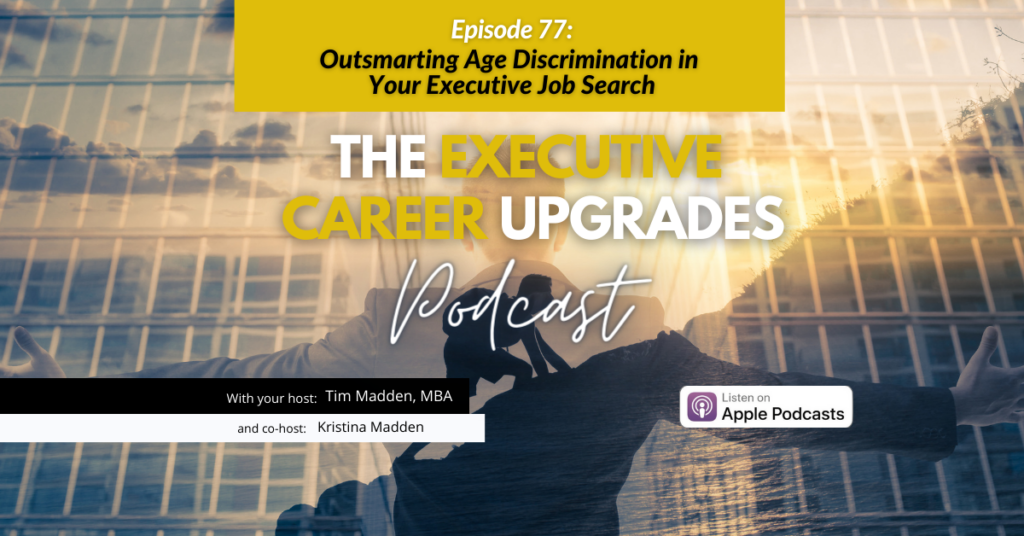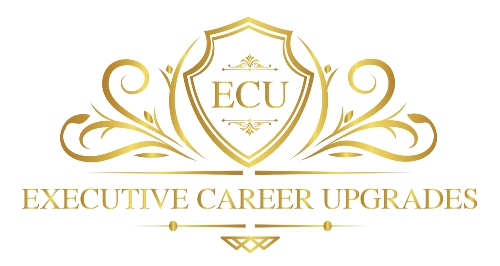In an era of rapidly evolving global dynamics, the importance of nurturing diversity and inclusion has become an indispensable part of an organization’s strategy for growth. This article serves as a resource for executive leaders seeking to creating more equitable workplaces, a key phrase for exploration today. We’ll delve into practical strategies to embrace diversity and inclusion, underscoring the immense value these elements bring to businesses.
The Business Case for Diversity and Inclusion
Diversity and inclusion are not simply moral imperatives; they represent significant business advantages. Research reveals that companies with diverse teams outperform those with more homogeneous compositions in terms of innovation, profitability, and market share. Workplaces that foster an inclusive environment are often characterized by higher levels of employee engagement and satisfaction.
The case for diversity and inclusion is made clear when one considers the varying perspectives brought by individuals from different backgrounds, cultures, and experiences. Diversity is not a barrier but a bridge to broader ideas, creativity, and problem-solving approaches.
The Executive’s Role in Fostering Diversity and Inclusion
Executive leaders play a crucial role in promoting diversity and inclusion. Their vision, commitment, and actions serve as the blueprint for the organization’s culture and practices. Leaders’ behaviors are observed and emulated by their teams, emphasizing the importance of setting the right tone from the top.
Leaders should be champions of diversity and inclusion, setting an example through their actions and decisions. Active efforts should be made to recruit, retain, and promote diverse talent within the organization.
However, diversity cannot flourish in an environment that is not inclusive. It is therefore the responsibility of executive leaders to foster an environment where every voice is heard, and every team member feels valued and respected. Inclusion requires active and continuous efforts to ensure all employees have equal opportunities to thrive.
Strategies for Creating Equitable Workplaces
Leveraging Recruitment Practices
Efforts to nurture diversity and inclusion should be visible right from the recruitment phase. Transparent hiring practices are crucial, where decisions are made based on merit and potential, rather than personal biases or stereotypes.
Encouraging Open Dialogue
A culture of open communication should be fostered, where employees feel safe to express their thoughts, ideas, and concerns. Leaders should actively seek feedback and listen to their teams. This promotes a sense of belonging, boosts morale, and contributes to better decision-making.
Implementing Continuous Learning and Development
Continuous learning and development programs should be implemented, focusing on skills and knowledge and building awareness and sensitivity towards diversity and inclusion.
Charting the Path Towards Equitable Workplaces
To summarize, nurturing diversity and inclusion is a strategic imperative for organizations today. The role of executive leaders is pivotal in shaping an inclusive culture and fostering an equitable workplace. Through thoughtful recruitment, open dialogue, and continuous learning, leaders can make a tangible impact, ensuring their organizations not just survive, but thrive in today’s diverse and dynamic world.
Remember, as we journey towards creating more equitable workplaces, diversity and inclusion are not just boxes to be ticked, but values to be lived and celebrated.
Ageism and the Executive Job Search: Insights from Our Podcast
In nurturing diversity and inclusion, it’s essential to address all forms of potential bias, including ageism, a topic thoroughly discussed in Episode 77 of our Executive Career Upgrades podcast, titled “Outsmarting Age Discrimination in Your Executive Job Search.” Listen in to uncover the tools and strategies you need to overcome ageism and land your dream job, effectively enhancing your journey toward creating a more equitable workplace. Remember, diversity means acknowledging and respecting all facets of difference, including age. Don’t let ageism hold you back from achieving your career goals. Tune in, and for personalized career advice, schedule a free consultation with one of our Executive Career Advisors. Click the graphic below to learn more.



